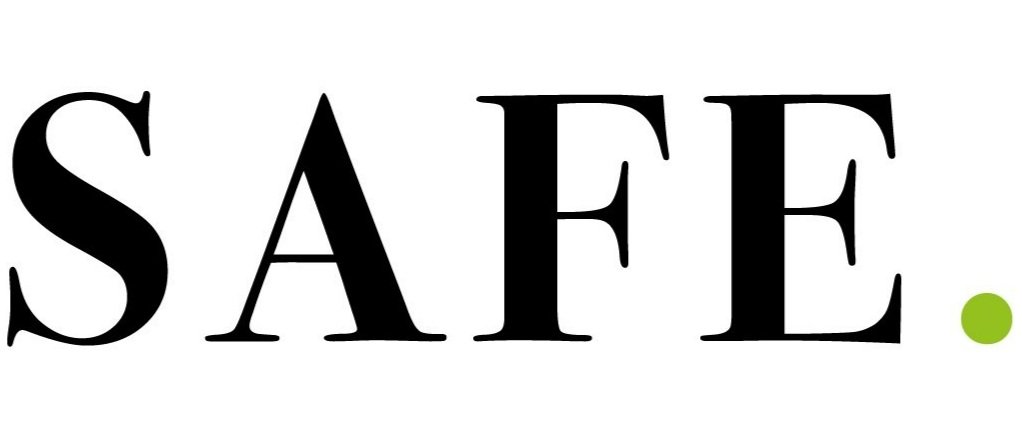The time to step up and build Safe supply chains is now…
Published on February 3, 2020
New EU Minerals Regulations come into force on 1st January 2021 aimed at restricting the trade of minerals that are produced via forced labour and used to finance armed conflicts. This legislative framework will impose significantly stricter compliance obligations on companies in the minerals supply chain than the existing requirements in Section 1502 of the 2010 Dodd-Frank Act in the United States.
As regulators push to consolidate standards globally, US laws on conflict mineral compliance are likely to become stricter as a result of this new push.
This regulation will promote the responsible sourcing of minerals, whether companies are based inside the EU and US or not. Importantly, companies throughout the entire supply chain must demonstrate that they have the correct due diligence practices in place, be able to identify other actors in their supply chains and verify that they also have the correct practices in place. Even more importantly, companies must demonstrate that they have put in place systems and processes to identify, manage and report on risks in their supply chain on an ongoing basis. There is a duty on actors to manage risks responsibly.
In addition to these legislative developments, shareholders, customers and consumers are demanding greater transparency. The increasing impact of consumer opinion feeds through to improving pricing for responsibly produced goods. This makes achieving ethical supply chains central to the core objective of returning shareholder value.
Failing to manage vulnerable supply chains responsibly can carry with it significant reputational risks. A high-profile lawsuit was recently initiated in a US court by human rights group International Rights Advocates against Google, Apple, Dell, Microsoft and Tesla. According to the group, the defendant companies “knowingly aided and abetted and benefited enormously from a system that forces impoverished children, including the plaintiffs and others similarly situated, to perform extremely hazardous work without safety equipment of any kind for less than subsistence wages in order to barely eke out a minimal human existence.” Being faced with such high-profile public litigation could have serious reputational consequences, especially for providers lower down in the supply chain.
Now is the time to step up, own our responsibilities, and build safe supply chains.
For more information on how SAFE. can help your company prepare for the upcoming legislation, implement mechanisms to put practical tools in place, and adopt transformative technologies such as blockchain, IoT and smart contracts to lead the way in your ethical supply chain visit us at www.safesupply.io

